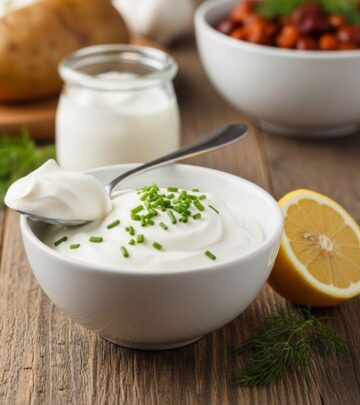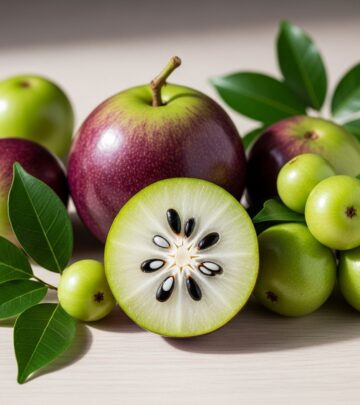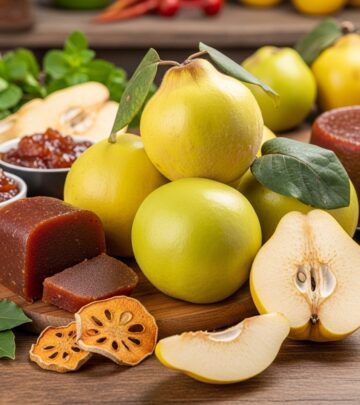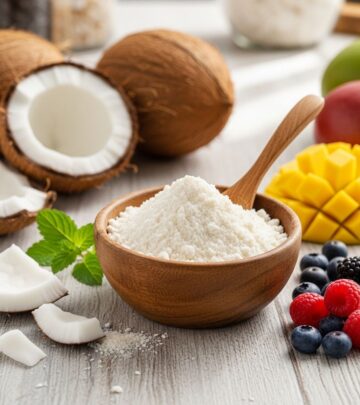Donkey Milk: Health Benefits, Nutrition, and Uses
A nutrient-packed alternative that soothes skin, supports immunity, and aids digestion.
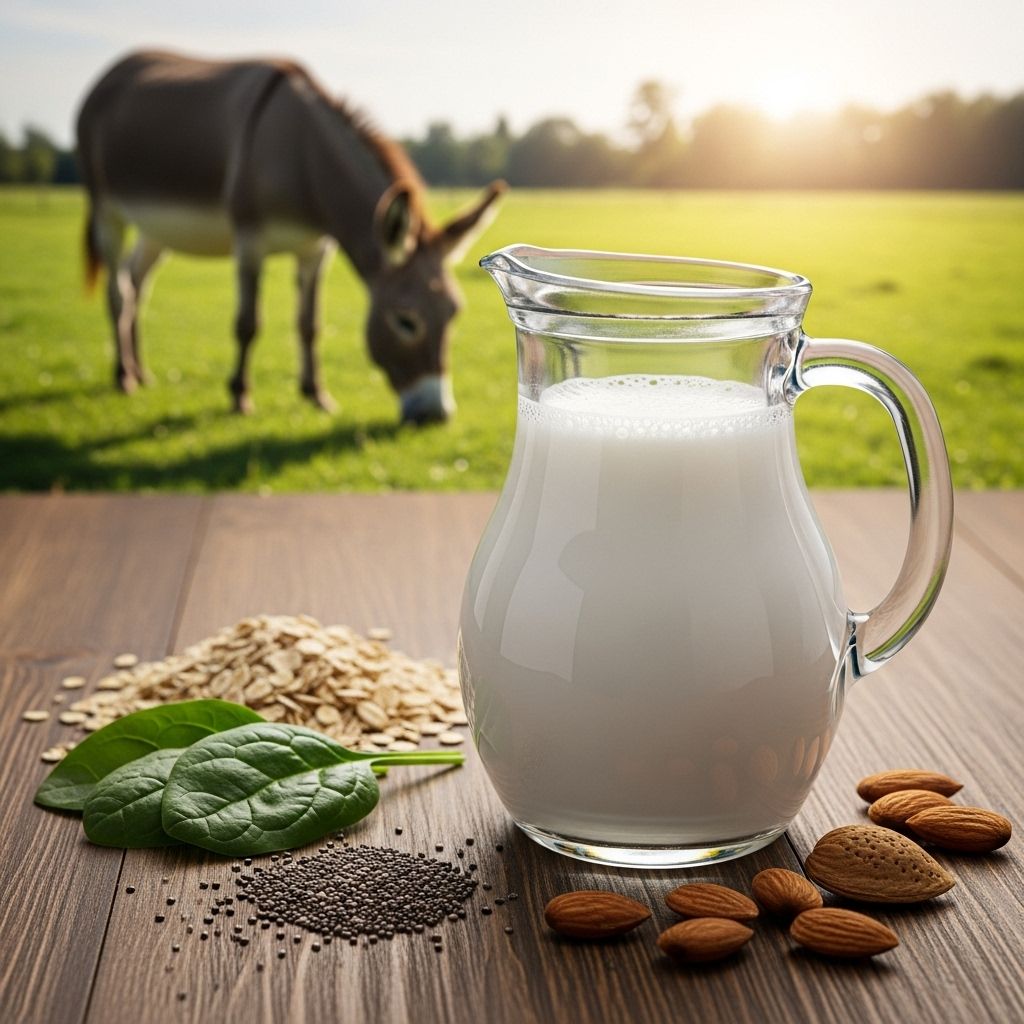
Donkey Milk: A Complete Guide to Health Benefits, Nutrition, and Uses
Donkey milk, valued since ancient times, is now gaining renewed global attention for its unique nutritional profile, numerous health benefits, and its versatile applications in diets and skincare. Traditionally consumed by people with milk allergies and used as a beauty aid by figures such as Cleopatra, modern research continues to reveal why this rare milk may deserve a place in a healthy lifestyle.
What Is Donkey Milk?
Donkey milk is produced by female donkeys (jennies). It is praised for its close similarity to human milk both in terms of taste and nutritional composition, making it suitable for certain groups who cannot tolerate cow’s milk. With a light, sweet flavor and a watery texture, donkey milk has been used since ancient times as nourishment for infants, especially those with intolerance to other milk types.
Nutritional Profile of Donkey Milk
Donkey milk stands out for its rich nutrient composition and bioactive compounds, many of which contribute to its health-promoting effects. Key nutrients include:
- Vitamins: High levels of vitamin C (up to 60 times that of cow’s milk), vitamin A, D, and E
- Minerals: Generous amounts of calcium, potassium, magnesium, and zinc
- Fats: Low saturated fat content and healthy unsaturated fats, including omega-3 and omega-6 fatty acids
- Proteins: Balanced blend of casein and whey proteins, with predominantly whey fraction
- Lactose: Higher lactose content compared to cow’s milk, supporting calcium absorption
This composition is what gives donkey milk its distinct hypoallergenic, immune-supportive, and cosmetic properties.
Health Benefits of Donkey Milk
Donkey milk is favoured not only for its taste but for a growing range of scientifically documented health benefits.
Digestibility & Low Allergy Potential
- Easy on digestion: The protein composition (low casein, high whey) makes donkey milk easier to digest, especially for children and older adults.
- Hypoallergenic: Clinical studies show that most people with cow’s milk protein allergy can safely consume donkey milk, with minimal risk of adverse reactions.
Immune Support & Anti-Inflammatory Properties
- Immune system boost: Donkey milk contains proteins that stimulate macrophages, cytotoxic T cells, and natural killer cells, enhancing the body’s defenses.
- Reduced inflammation: Its proteins can help lower inflammation and oxidative stress, benefiting those with chronic inflammatory conditions.
Skin Nourishment & Cosmetic Benefits
- Hydrates and brightens skin: Donkey milk’s vitamins, minerals, and fatty acids improve skin tone and elasticity.
- Natural antibacterial agents: Compounds like lysozyme and lactoferrin fight skin pathogens and may help with acne, eczema, and psoriasis.
- Commercial use: Increasingly found in premium soaps, creams, and serums for its rejuvenating effects.
Heart Health & Circulation
- Blood vessel health: Consumption of donkey milk can boost nitric oxide production, helping to dilate blood vessels and reduce blood pressure.
- Reduced plaque risk: Its effect on circulation may help prevent cardiovascular complications.
Bone Health
- Supports development: High calcium and vitamin D levels foster healthy bone growth in children and elderly adults.
- May aid osteoporosis relief: Beneficial for those with bone-density issues due to nutrient content.
Anti-Diabetic Effects
- Glucose regulation: Whey proteins in donkey milk may improve glucose metabolism and insulin sensitivity, supporting diabetes management.
Donkey Milk vs. Cow’s Milk: A Nutritional Comparison
| Nutrient | Donkey Milk | Cow’s Milk |
|---|---|---|
| Calories (per 100ml) | ~40 kcal | ~61 kcal |
| Fat | Low, mostly unsaturated | Higher, mostly saturated |
| Protein (Whey:Casein) | Balanced, whey rich | Mostly casein |
| Lactose | High | Moderate |
| Vitamin C | Much higher | Low |
| Calcium | High | High |
| Allergy Risk | Low | High |
Traditional & Modern Uses of Donkey Milk
Donkey milk has been prized for centuries across Europe, the Mediterranean, and Asia not just as food, but for therapeutic reasons:
- Infant nutrition: Traditionally used for infants unable to tolerate cow’s milk, due to its digestibility and nutrition.
- Respiratory health: Used in folk remedies for cough, bronchitis, asthma, and other respiratory infections.
- Oral and topical skincare: Featured in soaps, creams, and lotions for chronic skin problems and beauty routines.
- Functional foods: Incorporated into artisanal cheeses, yogurts, and beverages in select health markets.
How to Use Donkey Milk
Fresh, pasteurized donkey milk is available in limited markets. It can be consumed raw (where legal and safe), added to coffee, or included in recipes requiring milk. Donkey milk powder extends shelf life and is commonly used in cosmetic formulations.
Popular Products with Donkey Milk
- Milk and cheese: Traditional Mediterranean delicacy.
- Skin creams and soaps: Widely marketed for rejuvenation and anti-aging.
- Supplements: Powdered milk for nutritional support.
Possible Side Effects and Safety Considerations
- Lactose intolerance: Donkey milk is high in lactose; people with severe lactose intolerance may still experience symptoms.
- Allergies: While allergy risk is lower, those with severe casein allergies should consult a physician before consuming.
- Regulation: Check local food regulations; fresh donkey milk is rare and raw forms may carry some microbial risk.
- Calories: Lower than cow’s milk, but always consider dietary context.
Frequently Asked Questions (FAQs)
Q: Is donkey milk safe for babies and infants?
A: It was historically used for infants with cow’s milk allergy due to its similarity to human milk. However, always consult a pediatrician before introducing any alternative milk to infants.
Q: Can donkey milk help with skin conditions?
A: Its natural antibacterial and anti-inflammatory compounds may benefit skin conditions like eczema, acne, and psoriasis. Many cosmetic products use donkey milk for its nourishing effects.
Q: What does donkey milk taste like?
A: Donkey milk is mildly sweet and lighter than cow’s milk, often described as closer to breast milk in flavor.
Q: Is donkey milk suitable for people with diabetes?
A: Some research indicates that its whey protein may help regulate blood glucose and improve insulin sensitivity, but it should not replace medical treatment for diabetes.
Q: How can I find or purchase donkey milk?
A: Donkey milk is mainly available in specialty health stores, online, or direct from farms. Ensure products are pasteurized; cosmetic products may be more widely accessible.
Donkey Milk in Skincare: Why Is It Trending?
The use of donkey milk in soaps and creams is rising due to its richness in vitamins, minerals, and essential fatty acids. Its gentle, nourishing properties are favored for sensitive skin, and its natural antibacterial activity helps combat skin infections. Consumers report softer, brighter skin and relief from dryness—though scientific data is still limited.
Cosmetic Benefits Summary
- Boosts skin hydration and elasticity
- Reduces appearance of fine lines
- May help relieve eczema, psoriasis, and acne
- Mild, pleasant scent
Conclusion: Is Donkey Milk Worth Trying?
Donkey milk offers a rare combination of digestibility, hypoallergenic proteins, and skin-friendly nutrients that make it an attractive choice for certain people—especially those with cow’s milk allergies or skin concerns. Whether used in food or beauty routines, it’s important to source safe, quality products and consult with a healthcare provider for personalized advice. As research grows, donkey milk’s place in modern nutrition and wellness continues to expand, echoing its ancient reputation as nature’s gentle, nourishing milk.
References
- https://www.starhealth.in/health-info/health-benefits-of-donkey-milk/
- https://www.webmd.com/diet/health-benefits-donkey-milk
- https://www.healthline.com/nutrition/donkey-milk
- https://www.foodscigroup.us/articles/JFSNT-6-122.php
- https://www.frontiersin.org/journals/nutrition/articles/10.3389/fnut.2024.1404998/full
- https://pmc.ncbi.nlm.nih.gov/articles/PMC11462490/
- https://en.wikipedia.org/wiki/Donkey_milk
- https://www.naturalfrenchsoap.com/blog/discover-the-benefits-of-donkey-milk-soap-for-your-skin-care-routine
- https://pmc.ncbi.nlm.nih.gov/articles/PMC6049624/
Read full bio of Sneha Tete


